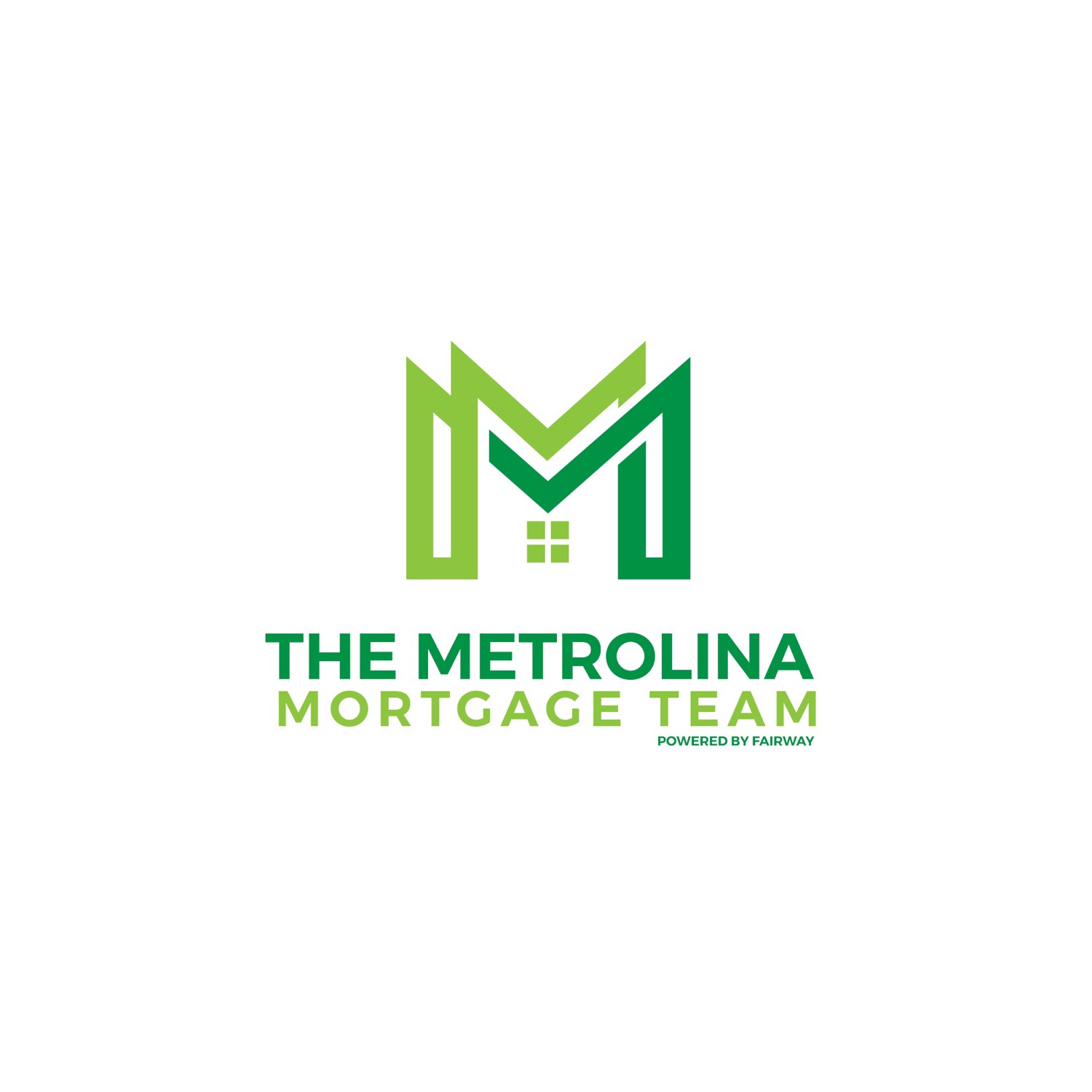Choosing the Right Home Loan for First-Time Buyers
- Trevor Higgins
- Oct 15
- 4 min read
Updated: Oct 20
Buying your first home is an exciting milestone. It can also feel overwhelming, especially when it comes to choosing the right home loan. There are many options out there, and each one has its own benefits and requirements. I want to help you navigate this process with confidence and clarity. Together, we’ll explore the key factors to consider, the types of loans available, and practical tips to find the best fit for your unique situation.
Understanding the Right Home Loan Options for You
When you start looking at home loans, it’s important to understand the different types available. Each loan type has its own features, eligibility criteria, and costs. Here are some of the most common options:
Conventional Loans: These are not backed by the government and usually require a higher credit score and a larger down payment. They offer competitive interest rates and flexible terms.
FHA Loans: Insured by the Federal Housing Administration, these loans are designed for buyers with lower credit scores or smaller down payments. They often require mortgage insurance but can be easier to qualify for.
VA Loans: Available to eligible veterans and active-duty military members, VA loans offer low or no down payment options and competitive rates.
USDA Loans: These loans support buyers in rural areas and offer zero down payment options with income limits.
Jumbo Loans: For buyers looking at higher-priced homes, jumbo loans cover amounts above conforming loan limits.
Each option has pros and cons. For example, FHA loans might be easier to get approved for, but you’ll pay mortgage insurance premiums. Conventional loans might save you money in the long run if you have a strong credit profile. It’s about matching your financial situation and goals with the loan that fits best.

How to Choose the Right Home Loan Options
Choosing the right home loan means looking beyond just the interest rate. Here are some key factors to consider:
Down Payment Requirements
Some loans require as little as 3% down, while others might ask for 20% or more. Think about how much you can comfortably save without stretching yourself too thin.
Credit Score and Financial Health
Your credit score affects the interest rate and loan approval. Check your credit report early and work on improving your score if needed.
Loan Term
Most loans come in 15-year or 30-year terms. Shorter terms mean higher monthly payments but less interest paid overall. Longer terms lower monthly payments but increase total interest.
Interest Rates and Fees
Compare the annual percentage rate (APR), which includes fees and interest. Don’t just focus on the lowest rate; look at the total cost over time.
Mortgage Insurance
Some loans require mortgage insurance if your down payment is less than 20%. This adds to your monthly payment, so factor it in.
Flexibility and Future Plans
Consider if you might want to refinance later or sell the home within a few years. Some loans have prepayment penalties or other restrictions.
By carefully weighing these factors, you can narrow down your options and feel more confident in your choice.
What are the requirements for first time home buyers in Arkansas?
If you’re buying your first home in Arkansas, there are some specific requirements and programs that can help you. Arkansas offers several assistance programs aimed at first-time buyers, including down payment assistance and favorable loan terms.
Income Limits: Many programs have income limits based on household size. Make sure you check if you qualify.
Homebuyer Education: Some assistance programs require you to complete a homebuyer education course. This helps you understand the buying process and manage your mortgage responsibly.
Property Requirements: The home you buy must meet certain standards and be your primary residence.
Credit Score: While requirements vary, a credit score of around 620 or higher is often needed for many programs.
These programs can make a big difference in affordability and ease of purchase. It’s worth exploring local resources and speaking with a lender familiar with Arkansas-specific options.

Practical Tips for Applying for Your First Home Loan
Applying for a home loan can feel like a lot of paperwork and waiting. Here are some tips to make the process smoother:
Get Pre-Approved Early
A pre-approval letter shows sellers you’re serious and gives you a clear idea of your budget.
Gather Your Documents
Lenders will ask for proof of income, tax returns, bank statements, and identification. Having these ready speeds up the process.
Be Honest and Transparent
Disclose all debts and financial obligations. This helps lenders find the best loan for you.
Ask Questions
Don’t hesitate to ask your lender about anything you don’t understand. Clear communication prevents surprises.
Keep Your Finances Stable
Avoid making large purchases or opening new credit accounts during the loan process.
Work with Experienced Professionals
A knowledgeable mortgage broker or lender can guide you through options and paperwork. For example, Fairway Home Mortgage offers clear pre-approvals and consistent communication to keep you on track.
By staying organized and proactive, you’ll reduce stress and increase your chances of a smooth closing.

Moving Forward with Confidence
Choosing the right home loan is a big step, but it doesn’t have to be confusing. By understanding your options, knowing what to look for, and preparing carefully, you can find a loan that fits your needs and budget. Remember, a first time home loan is just the beginning of your homeownership journey. With the right support and information, you’ll be well on your way to turning your dream home into a reality.
If you’re ready to take the next step, consider reaching out to a trusted lender who can provide personalized advice and clear guidance. Your new home is waiting, and the right loan can make all the difference.





Comments